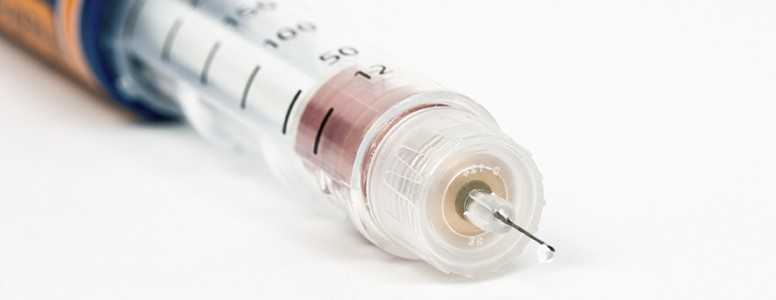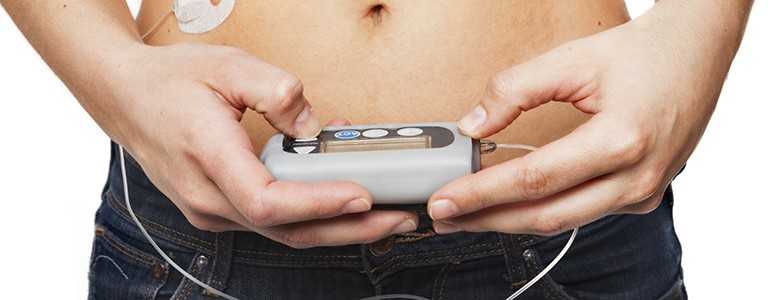A new type 1 diabetes trial has left one participant completely insulin-free.
The trial, conducted by the Diabetes Research Institute (DRI) at the University of Miami, involved the implantation of islet cells within a biological scaffold.
Wendy Peacock, 43, underwent the procedure on August 18, 2015. For the first time since being diagnosed with type 1 diabetes at 17, Wendy can now naturally produce her own insulin.
How does the islet cell trial work?
Building on previous islet cell transplant research, the trial is working towards the development of a “mini-organ” that mimic the function of a healthy pancreas. This orga, known as the DRI BioHub, allows people with type 1 diabetes to produce their own insulin.
“The first subject in our Phase I/II pilot BioHub trial is now completely off insulin with an excellent glucose profile,” said Camillo Ricordi, MD, director of the DRI.
“These are the best post-transplant results we’ve seen in an islet recipient.”
“This was the first tissue engineered islet transplant using a ‘biodegradable scaffold’ implanted on the surface of the omentum. The technique has been designed to minimise the inflammatory reaction that is normally observed when islets are implanted in the liver or in other sites with immediate contact to the blood.”
Islet cell transplants and immunosuppressant therapy
Currently, people with type 1 diabetes who benefit from islet cell transplantation need to take immunosuppressant drugs to stop the immune system attacking the new, functional islet cells too. Immunosuppressant drugs, while useful in this respect, also prevent the immune system from functioning in beneficial ways, increasing the risk of illness and infection.
Dr. Ricordi is hopeful that technological developments in the future will remove the need for immunosuppressant therapy:
“If these results can be confirmed, this can be the beginning of a new era in islet transplantation. Our ultimate goal is to include additional technologies to prevent the need for life-long anti-rejection therapy.”
For Wendy Peacock, the sacrifice is worth it.
“As any type 1 knows, you live on a very structured schedule,” she said. “I do a mental checklist every day in my head…glucose tabs, food, glucometer, etc., and then I stop and say, ‘Wow! I don’t have to plan that anymore.'”
Wendy was eligible for the trial because she had severe hypoglycemia unawareness, a condition in which people with diabetes are unable to notice when their blood glucose levels are low.
“Laying down at night and going to sleep and not having to worry about lows is something that is so foreign to me. It’s surreal to me…I’m still processing the fact that I’m not taking insulin anymore.”
A unique approach
Islet transplantation is a highly promising area of research. Many recipients of islet cell transplant therapy have produced their own insulin for more than a decade. Also in August, 33-year-old schoolteacher Gina Marchini was able to produce her own insulin after an islet cell transplant from City of Hopen, a non-profit research centre in California.
This trial, however, is unique. Unlike other islet cell transplants, which are infused into the liver, DRI researchers are implanting islet cells using a gel-like material that can be applied to the omentum, a highly vascularised tissue that covers abdominal organs.
Rodolfo Alejandro, MD, Professor of Medicine and director of the DRI Clinical Cell Transplant Program, explained:
“We’re quite excited. This has been the best outcome we have seen at this stage. It’s a unique site, the surgery is very simple and the patient recovers very quickly. We will continue until our final goal – islet transplantation without immunosuppression.
“The liver is a very simple site to access, but we have known for years that it’s not the ideal site. And the liver will not accommodate a device for housing the islets.”
What's new on the forum? ⭐️
Get our free newsletters
Stay up to date with the latest news, research and breakthroughs.








